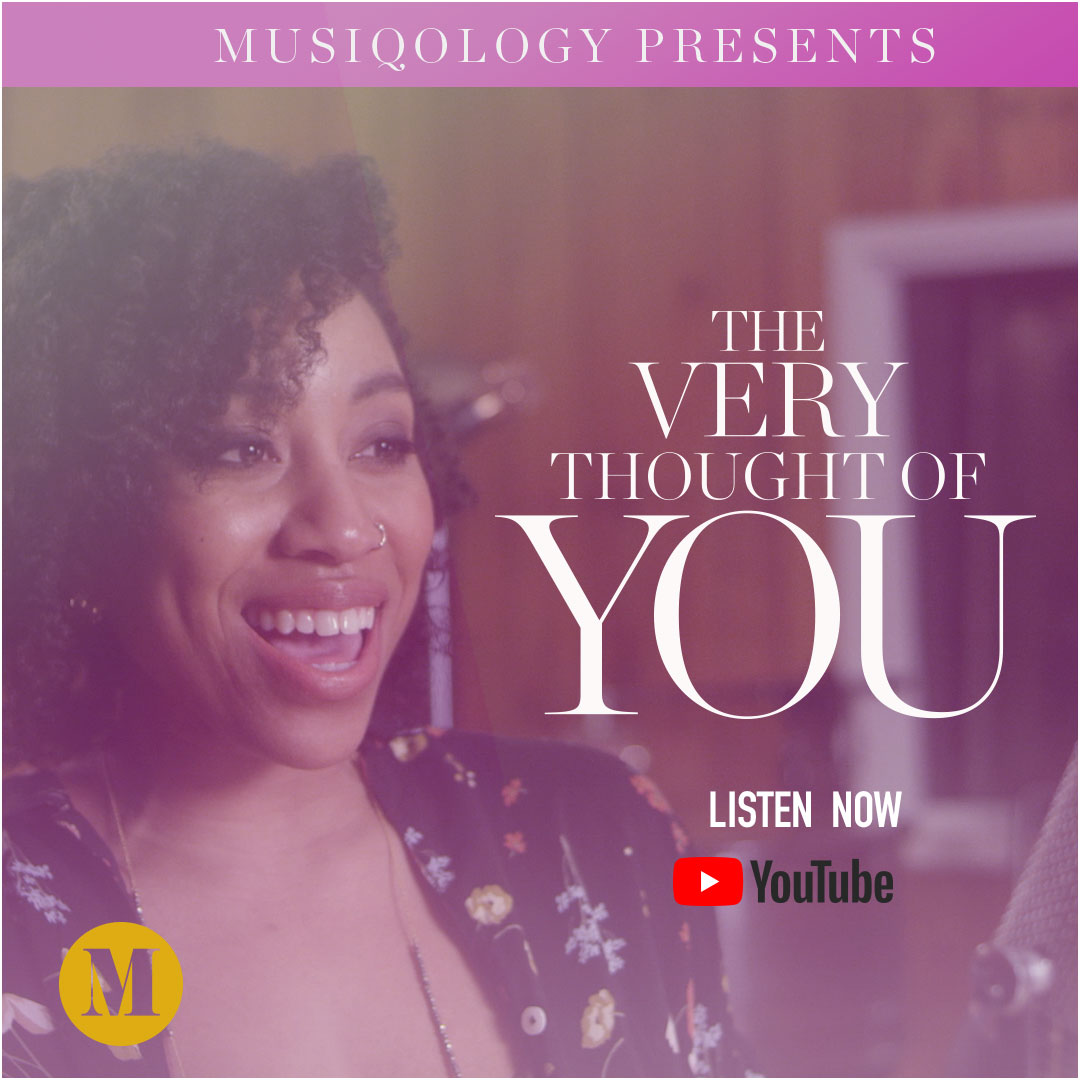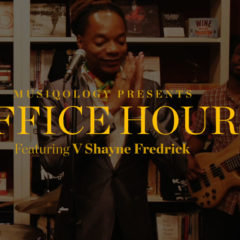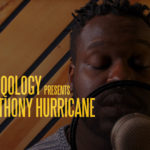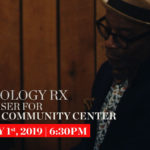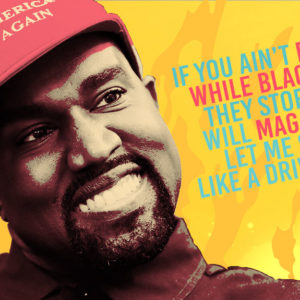To make jazz in at the turn of the century was and is a weighing—of genealogical tradition and new-school vitality; of fealty to the elders and a desire to have one’s voice heard; between the conservatory and the club. Roy Hargrove, who passed away over the weekend at the too-young age of 49, was a nimble navigator of these divides. His music was at home in any room; his horn was new and dynamic while still tied to a trajectory. He balanced the scales.
“The Great Roy Hargrove. He is literally the one man horn section I hear in my head when I think about music. To watch him harmonize with himself stacking nine horn lines on mamouth 10 mins songs RARELY rewinding to figure out what he did,” Questlove, who worked with Harper and other up-and-coming neo-soul artists such as Erykah Badu, Common, and D’Angelo as a group that became known as the Soulquarians in the late Nineties and early Aughts. “I know I’ve spoken in every aspect of Soulquarian era recording techniques but even I can’t properly document how crucial and spot on Roy was with his craft man,” Questlove said. We NEVER gave him instructions: just played the song and watched him go–like “come back in 45 mins I’ll have something.”
Questlove even points to a specific Hargrove-driven moment: just before the two-minute mark on Common’s “Cold Blooded,” a track from his acclaimed Like Water for Chocolate. There, the chatter around Hargrove’s horn swell, Quest claims, is the room “reacting in real time to greatness.”
Like a generation before him, Hargrove came of musical age in New York City, gigging at the mononymous downtown clubs of the city—Smalls and Bradley’s among them. But even as his fame grew, picking up two GRAMMY Awards, he still remained convinced that knowing your history was key. “To get a thorough knowledge of anything you have to go to its history,” he told Tom Piazza in 1990 for an article about young jazz musicians in The New York Times Magazine. “I’m just trying to study the history, learn it, understand it, so that maybe I’ll be able to develop something that hasn’t been done yet.”
That understanding of history never reduced Hargrove’s playing, though—he remained flexible and untethered to the mythic past, drawing on contemporary sounds and fusing them into a self-made genealogical unity. His loss is a great one.
Below are some of our favorite performances by Roy Hargrove:
https://www.youtube.com/watch?v=qxeb0cwjE8U
https://www.youtube.com/watch?v=nEgWT_uUyM8

 Share On Facebook
Share On Facebook Tweet It
Tweet It

